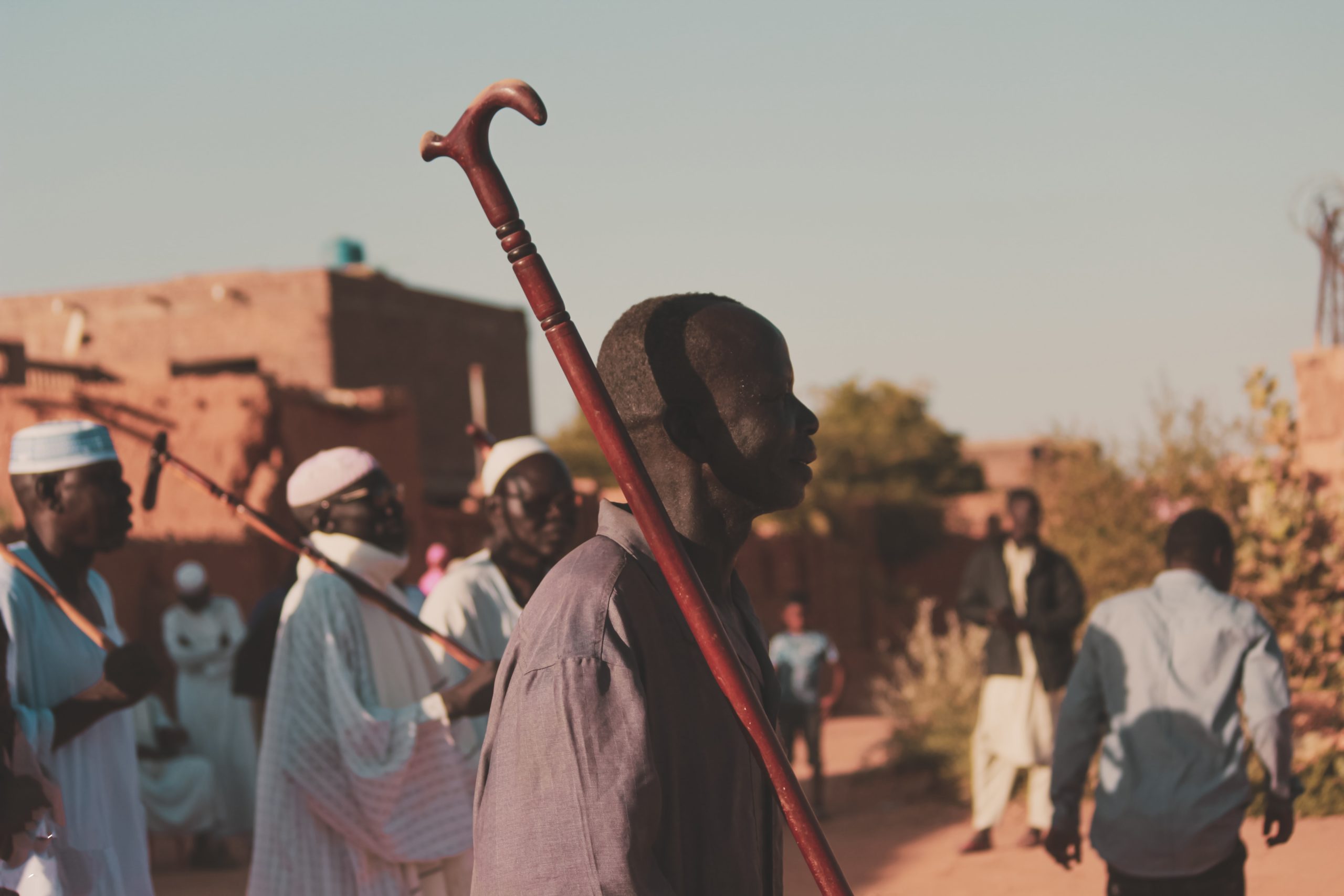Over the past three weeks, despite an internet shutdown and disruptions in mobile and text based communications, protesters in Sudan have found ways for their chants challenging the military’s Oct. 25 takeover to echo around the world. Even after facing bloody repression by security forces, which doctors estimate killed at least 41 protesters, including five children, Sudanese protesters’ willingness to march, chant, and demand change has not abated. It is clear from the angry reactions in Khartoum, Omdurman, Port Sudan, and elsewhere that a new power sharing deal announced this week doesn’t satisfy them. Nonetheless, many international observers in New York, Berlin, Washington, and London have been applauding the agreement.
The Troika, European Union, Canada, and Switzerland jointly issued a statement that said they “welcome” the Nov. 21 agreement. The UN’s political mission did the same. US Secretary of State Anthony Blinken didn’t stop in Sudan on his current tour of Africa but has said he’s “encouraged” by the new deal.
The 14-point deal puts Prime Minister Abdulla Hamdok back in power, calls for an investigation into abuses, promises the release of detainees, and allows Hamdok to form a technocratic government. The deal was rejected by the Forces for Freedom and Change (FFC), which had played a key part, alongside street protesters, in bringing about the long-time dictator Omar al Bashar’s downfall in 2019. The other major protest group, the Sudanese Professionals Association called the deal “political suicide.” A dozen ministers from Hamdok’s cabinet, including foreign minister Mariam al Mahdi, resigned in protest.
The momentum generated by the widespread condemnation of the military takeover should have been leveraged to secure reforms to governance structures needed to better promote human rights and dismantle kleptocratic networks inside Sudan, not to force reformers to accept less. Yet, as mediators rush to put things back together, the rights reform agenda is now — once again — at grave risk.
So, as Sudan’s tenacious street protesters are staring down the military, even when held at the barrel of a gun, will the world stand with them?
WHAT THE AGREEMENT OFFERS
This approach to managing Sudan’s fragile transition ignores the powerful demands of Sudanese themselves. Moreover, it betrays a tolerance for abuses and repression that was already built into the previous power sharing agreement. The new deal reportedly promises release of all those who have been detained. So far, four politicians have been released. This is the bare minimum. Practically, it’s hard to see how the deal represents a return to the path of just transition to a democratic Sudan, while politicians, activists and others remain in detention.
The new peace deal that’s supposed to manage Sudan’s fragile transition ignores the powerful demands of Sudanese themselves.
Forcing Sudan’s civilian leadership back into an unhappy marriage with the military furthers damaging impunity. Men like Mohamed Hamadan Dagalo (“Hemedti”) have enjoyed immunity from prosecution as a result of their role within the transitional government. For years, Human Rights Watch documented the abuses of his Rapid Support Forces (RSF), both in the capital and against the country’s marginalized populations in Hemedti’s native Darfur, but also the two areas of South Kordofan and Blue Nile.
While the Nov. 21 deal promises an investigation into the deaths and injuries of protesters in this latest round of killing, we’ve seen how previous attempts to hold Sudan’s security services accountable have been hamstrung, including the June 2019 inquiry into protester deaths at the hands of the RSF.
So far, none of the international governments commenting on the deal have even mentioned Darfur, a topic that has historically been a priority issue in international engagement on Sudan. This week’s deal makes no structural changes that will protect Darfuris from renewed violence, particularly since those who had abused them in the past were now the same ones are emboldened by the new arrangement and left responsible for their security. The cycles of violence and abuse in west Darfur continue, and yet the attention of the world has shifted.
Human Rights Watch previously warned the UN and governments sitting on the UN Security Council that civilians in Darfur’s marginalized communities would be left without adequate protection by the joint civilian-military transitional structures, especially following a full pullout of international peacekeepers. The UN did not listen. Just two weeks after the mission wrapped up its work, armed ethnic Arab militia attacked ethnic Massalit residents of al Genaina city. They also attacked Kirindig camp, which houses internally displaced ethnic Massalit.
CAN INTERNATIONAL PRESSURE LAST?
Mass mobilizations by protesters between Oct. 25 and Nov. 17 have made clear that the Sudanese were unwilling to accept the military’s claim that it had taken over in the interests of the transition. Even members of the Sovereign Council, like Mohamed Hassan Taishi came out in favor of full civilian rule.
The African Union suspended Sudan’s government’s membership in the union. The US government suspended bilateral assistance. The EU threatened “there will be serious consequences for our support, including financial” and US Senator Chris Coons introduced legislation that would impose individual sanctions on key actors obstructing the transition. That powerful wave of pressure effectively bolstered the demands of the protesters and brought us to this point.
Now more than ever, international support and scrutiny needs to be maintained to ensure that those who are fighting for a better, more rights-abiding future in Sudan are not abandoned.
Akshaya Kumar is the crisis advocacy and special projects director at Human Rights Watch.





















